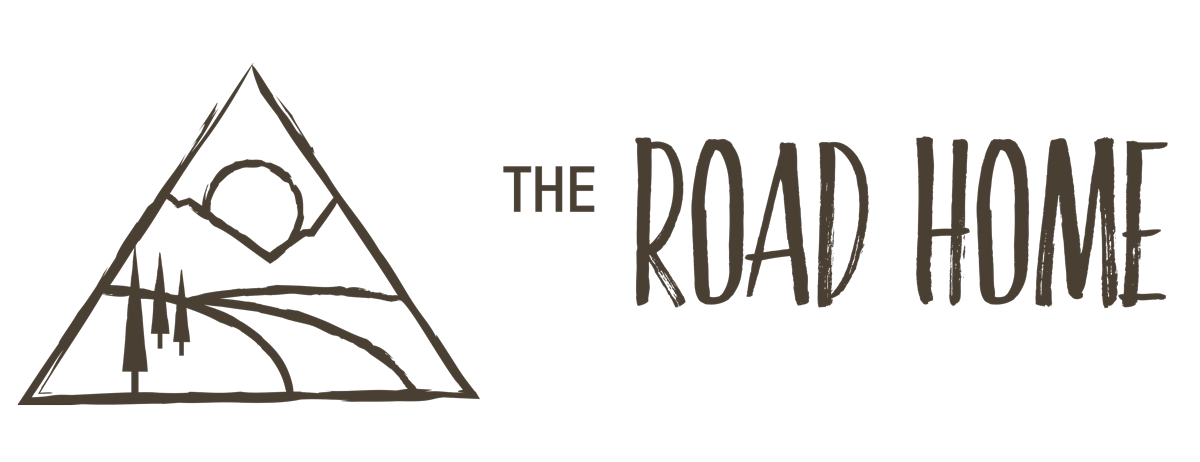Emphasis On You, Not Your Illness
Ever Google “acupuncture treatment for insomnia” or “acupuncture treatment for migraines” expecting a definitive answer and get confused by the results?
As a first-year Chinese medicine student, I did!
The reason for the confusion is that Chinese medicine diagnoses, and therefore treats, conditions in a completely different manner than Western medicine. The actual Western diagnosis is less important for a Chinese medicine practitioner because the aim is not to cure a specifically defined disease, but to treat a series of imbalances in the body.
Health is synonymous with balance, and disease with imbalance.
For example, a Chinese medicine practitioner might relate an individual’s “insomnia” to deficient heart blood, excess liver yang, or stomach heat (to name only three of the many possibilities) depending on the root imbalance in the system, as well as the other symptoms the individual is experiencing. Treatment protocols don’t merely treat “insomnia;” they aim to restore balance to the root cause of the “insomnia” and all of the other symptoms the individual is experiencing so they don’t happen again.
Which means that you are more than your diagnosis. Much more.
And you are incredibly complex.
Chinese diagnostics take a wide range of information into account as well: seasonal influences, the time of day an illness is worse, and an individual’s sleep and work patterns, for example. A Chinese medicine practitioner also considers relationships between a person’s illness and the climate, the social environment, and his or her mental and spiritual condition.
A Chinese medicine diagnosis is never the final word on an individual’s condition; rather, the Chinese medicine practitioner acknowledges that the individual is a complex entity with a living history who has a current imbalance that is related to the entirety of his or her experience.
In other words, “In an attempt to understand the patient as a human being with a determined history in a specific social and geographic environment, Chinese medicine...gives importance to climactic, seasonal, geographic, social, and emotional factors. The emphasis is on the person, not the illness [emphasis added].” – Jeff Conant, trans.

